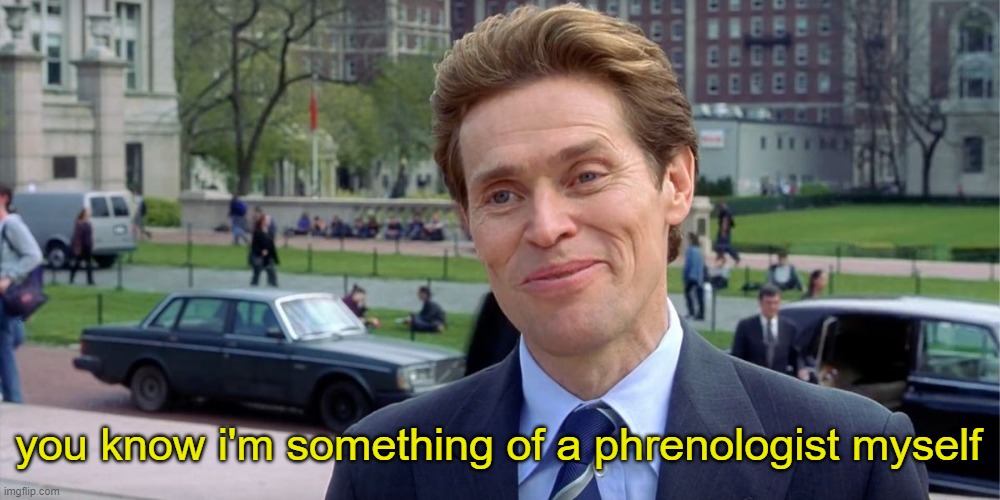- Joined
- Aug 25, 2021
- Messages
- 6,922
- Reaction score
- 16,012

https://www.washingtonexaminer.com/...s-special-rights-how-about-indigenous-germans
Does being the first to reach a piece of land give you special rights? And are those rights collective and inherited? That is the question Australians are gearing up to answer in a referendum.
Australian Prime Minister Anthony Albanese’s

centre-left government, elected last year, wants a constitutional amendment to recognise a special place for autochthonous Australians, giving them a formal representative body, alongside Australia’s existing democratic structures, called the Indigenous Voice to Parliament.
In a country that is rich and getting richer, 30% of Aboriginal Australians are in poverty — vastly higher than any other ethnic group. Successive administrations have tried and failed to tackle the problem. Despite one government programme after another, more than half of adult Aboriginals are in receipt of some kind of welfare payment, and their communities are plagued by unemployment, alcoholism, and domestic abuse.

But the current proposal is not about the travails of the indigenous communities so much as about the very fact of their being indigenous. The question on the ballot paper is: “A Proposed Law: To alter the Constitution to recognise the First Peoples of Australia by establishing an Aboriginal and Torres Strait Islander Voice. Do you approve this proposed alteration?”
It is worth noting that this is not an internationally transferable principle. The people who strongly support giving extra rights to indigenous peoples in Australia, the United States, and Canada would, by and large, be horrified at the concept of giving additional rights to indigenous Germans over descendants of postwar guest workers, or indigenous Scots over more recent Commonwealth arrivals. And they would be right to be horrified. A successful multiethnic polity rests on the understanding that all adult citizens of sound mind are equal before the law.

/
States vie to show that one of their citizens reached a disputed territory before anyone else. When it comes to plants and animals, we can be nativist to the point of genocide, seeking to eradicate invasive species for no reason other than that they are competing with a native one. The native species is not defended on the grounds that it is stronger or prettier or more useful to man, but simply because it is native.

What, then, is wrong with extending that principle to groups of people? Not that it recognises the value of a long-standing claim but that it treats people as members of a collective rather than as individuals.
A family might have lived in a particular house for generations, and that sense of permanence might give the rest of us a vague sense of satisfaction. But our satisfaction is trumped by the right of ownership the moment the family sells the house. A descendant of the original family does not get to boot out the current owner simply because his great-great-grandfather built the place.
For the same reason, museums should not give away artifacts to people whose sole claim to them is living in a particular place, speaking the same language as the creators, or looking a bit like them. In his book The Dying Citizen, Victor Davis Hanson

explains that free and rational societies rest on the idea that citizenship is our primary political identity, that citizenship must matter more than our identity as, say, rich people, or black people, or Presbyterians.
Australia is one of the most successful countries in the world, as the lengthy line of would-be immigrants testifies. Its success rests on equality before the law. That precept would be undermined if certain Australians were given different political rights on the basis of ancestry or physiognomy. Australian voters know this in their bones, which is why the polls are turning and why, when the proposal is put to the vote, they will almost certainly throw it out. I wish I could say the same with equal confidence about the rest of the English-speaking world.



